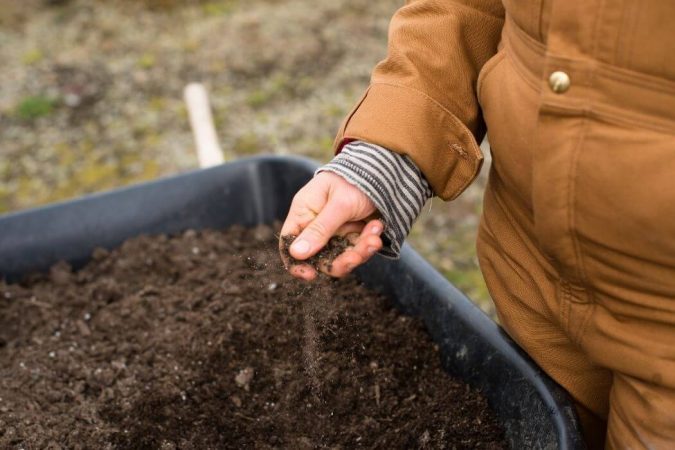
Terramera wants to spread regenerative farming techniques across BC.
Vancouver-based clean, AgTech company Terramera has received $1 million CAD from British Columbia’s Innovative Clean Energy Fund to support its development of technology to measure the levels of carbon in soil.
While the technology to measure soil health does exist, Terramera is attempting to create a low-cost quantification technology using proprietary sensors, imaging, and data analytics as part of a larger platform called the Terramera Intelligence Engine. Last May, Terramera received $7.9 million in funding from Sustainable Development Technology Canada to help further develop its technology.
Founded in 2010 by CEO Karn Manhas, Terramera initially focused on developing technology and biocides (biologically-based pest solutions) to mitigate the need for chemicals and pesticides. In 2020, the company began to use its AI-based technology to tackle other issues, such as tracking strains of COVID-19, optimizing crop yields for farmers, and soil quantification.
The Innovative Clean Energy Fund supporting Terramera’s project was established in 2007 to support BC’s clean-energy sector and the production of clean, renewable-energy technologies.
“BC is home to a growing clean-energy sector and accounts for nearly 35% of Canada’s world-leading clean-tech firms that are having positive impacts globally,” said Bruce Ralston, minister of energy, mines and low carbon innovation. “Terramera demonstrates the kind of innovative thinking that sows the seeds for a wide adoption of technologies critical to meeting the Province’s climate goals.”
RELATED: Inside the province-wide push to make BC a global leader in cleantech
The funding for Terramera is part of BC’s “CleanBC Road to 2030” roadmap, which aims to reduce carbon emission to net zero by 2050. One point named in the roadmap is encouraging farmers to apply regenerative farming techniques. Some of these techniques include covering crops, avoiding synthetic fertilizers, and reducing how often soil is being turned over. However, applying these techniques consistently requires understanding the health of farmed soil.
Terramera’s project is meant to allow regenerative farming techniques to be reliably applied across the province. Regenerative farming aims to use crops to take carbon from the air and store it in the soil, resulting in healthier crops and cleaner air.
Terramera unveiled plans in 2020 to create a new $730 million global centre focused on fighting climate change and strengthening the agriculture sector through technology. Prior to that, the startup had secured $64.1 million CAD in Series B capital, and was named on the 2019 Global Cleantech 100 list.
Feature image by Zoe Schaeffer on Unsplash.
.